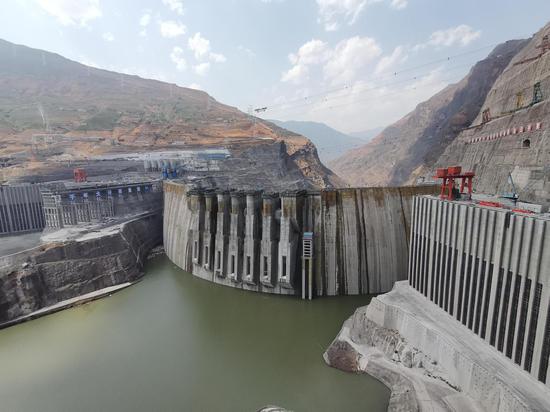China has started building a monitoring station as part of a network to study space weather, according to China's National Space Science Center (NSSC).
The NSSC, which is affiliated to Chinese Academy of Sciences, said the station is being built in Siziwang Banner, north China's Inner Mongolia Autonomous Region. Spread over 400 mu (about 26.67 hectares), it is expected to be completed in 2023.
The station will use large-scale high-frequency radar array as the main detection equipment, and integrate various detection means such as radio radar, active and passive optics, cosmic rays and geomagnetic field.
It will provide real-time monitoring capability for ionosphere, middle and upper atmosphere, cosmic rays and geomagnetic field disturbance in north China, the NSSC added.
The station belongs to Ground-based Space Environment Monitoring Network, which will deepen scientists' understanding of the formation of space weather events, and provide scientific and data support for reducing the impact of disastrous space weather events.
Space weather includes changes in the space environment such as solar flares, magnetic storms and auroral activities. It affects the operation of aerospace, communication and navigation systems.


















































